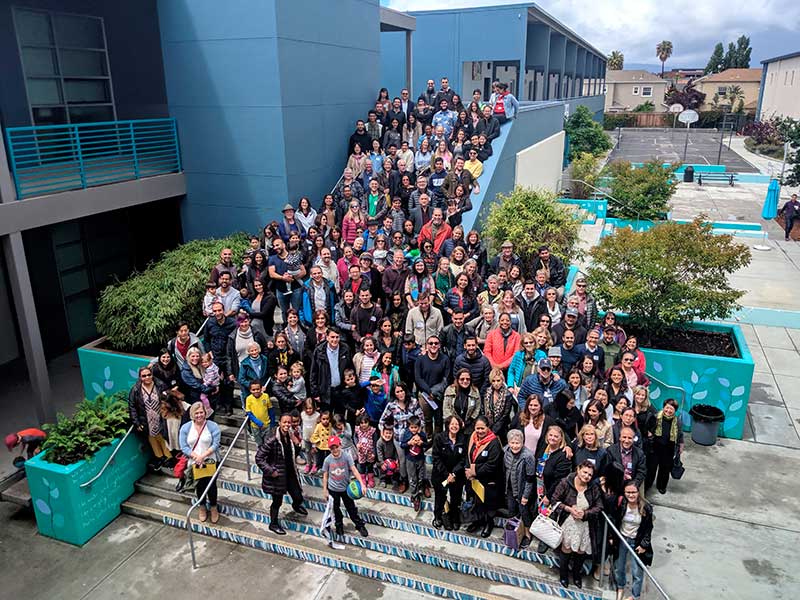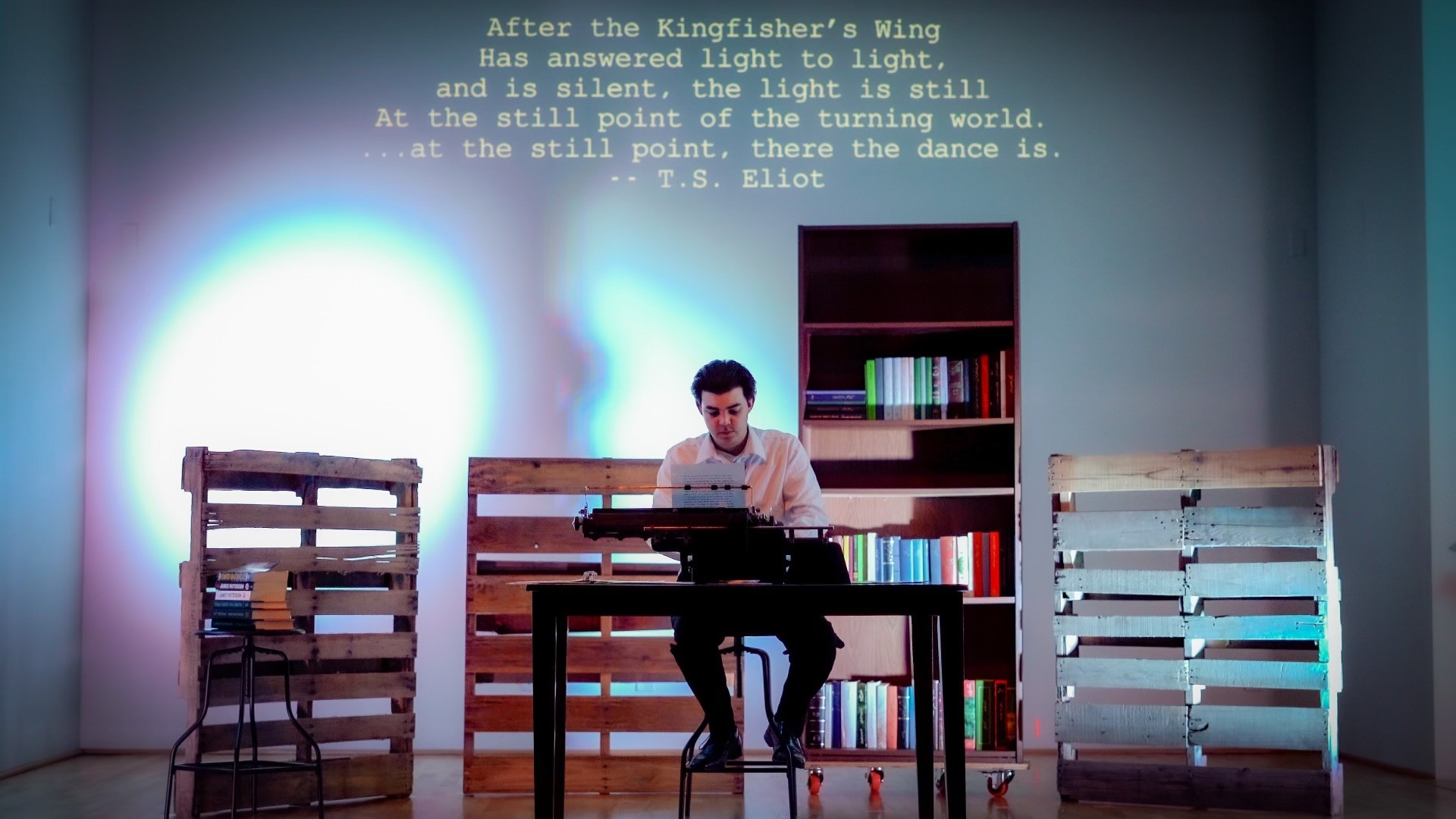
Minneapolis and Austin Baha’is Honor ‘Abdu’l-Baha With Centenary Programs
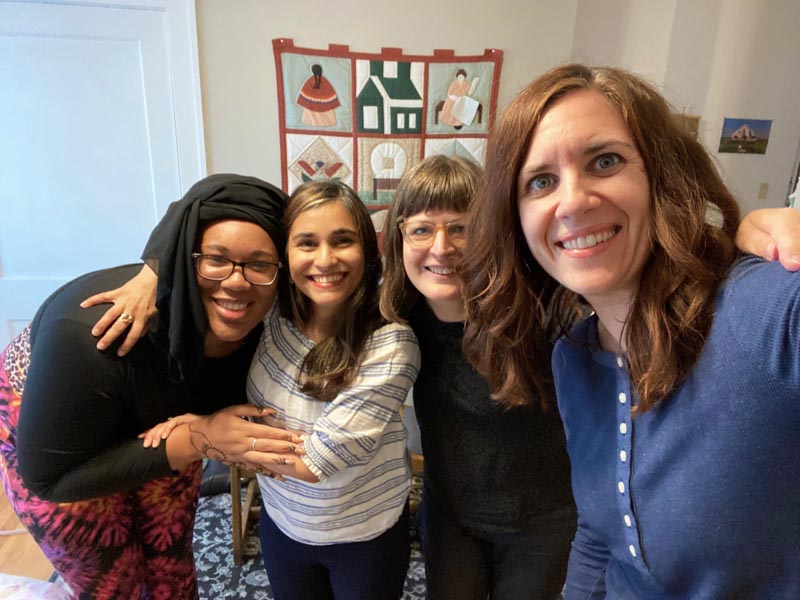
By Karen Withem
For Minneapolis Baha’is, being creative is the key to their home-visit campaign, a yearlong initiative to honor the memory of ‘Abdu’l-Baha during the centenary of His passing. Visits might include Baha’is spending time with one another, or with friends and neighbors of other faiths, to pray and read scriptures together. They happen in person, by Zoom and over the phone.
“It doesn’t have to be fancy, a lot of people, preprinted programs, lots of food,” says Sue Rude, sector coordinator for North/Downtown Minneapolis. “It can be two people getting together to say a prayer and talk about God.” The city includes four geographic sectors. The program’s goal is for Minneapolis to reach 100 home visits by the end of April 2022.
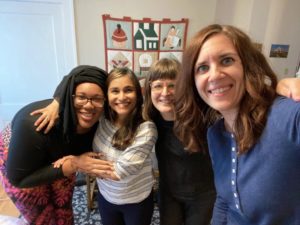
More important than the number of visits, though, is connecting people who may be feeling isolated. “Our goal is to strengthen the bonds of friendship in Minneapolis around the Word of God,” Rude says. “We want to foster that spirit of love throughout the city — not only among Baha’is but everyone.” The initiative underscores the importance of prayer and devotion in the everyday spiritual life of the community. “The purpose of a home visit is to get to know someone better,” Rude says, “and create that devotional space together.”
‘Abdu’l-Baha, son of Baha’u’llah, the founder of the Baha’i Faith, visited Minneapolis during His 1912 visit to North America. Local Baha’is have drawn inspiration from words He has been quoted as saying: “You must have deep love for one another. Go to see each other and be consoling friends to all. If a friend lives a little distance from the town, go to see him. Do not content yourselves with words only but act according to the commandments of God. …”
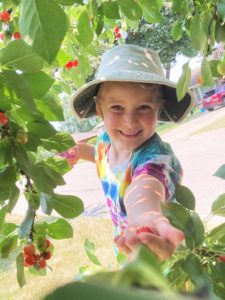
When the home-visit campaign began in spring 2021, people were feeling more comfortable attending outdoor activities because of a lull in COVID-19 cases. With the onset of autumn and a renewed level of caution about gathering due to the Delta variant, creativity became necessary.
One Minneapolis Baha’i visits neighbors in her apartment building, armed with prayer books and DVDs. She brings films with spiritual themes to watch together, prompting conversation about social justice, the equality of women and men and other central themes of the Faith.
In general, the Baha’i community has become more open to what a devotional gathering looks like. The program encourages people to go for a walk together, visit over coffee and say a prayer — or meet over the internet or by phone if that’s more comfortable for them. Rude has observed that some friends may be reluctant to gather in person, but during Zoom meetings everyone is at home, which can enable people to open up more to prayer and meaningful conversations.
The result has been dozens of home visits, with a positive impact on spiritual vitality and unity. “What is wonderful is the range of generations that are participating, and the range of our colorful family of mankind,” Rude says.
***
This past summer, the Austin, Texas, Baha’i community remembered ‘Abdu’l-Baha with weekly virtual devotions. In the continuing program “Summer of Peace: A Journey with ‘Abdu’l-Baha Through America,” Austin friends gathered over Zoom each Sunday morning to read quotes and recount stories from His 1912 visit to North America. Participants reflected on His title, ‘Abdu’l-Baha, Arabic for “Servant of the Glory,” and His station as the exemplar of noble virtues and spiritual qualities.
Central to the program were these words attributed to ‘Abdu’l-Bahá:
“The greatest gift of man is universal love — that magnet which renders existence eternal. It attracts realities and diffuses life with infinite joy. If this love penetrate the heart of man, all the forces of the universe will be realized in him, for it is a divine power which transports him to a divine station and he will make no progress until he is illumined thereby. Strive to increase the love-power of reality, to make your hearts greater centers of attraction and to create new ideals and relationships.”
Summer of Peace participants began the weekly meetings with multifaith prayers. They studied talks ‘Abdu’l-Baha gave in North America and Europe, and recounted stories of His loving acts and guidance to Baha’is. They discussed His instruction on prayer, and His designation of New York City as the “City of the Covenant.” They recalled His visit to Thornton Chase’s gravesite in Inglewood, California, where He paid tribute to that “first American Baha’i.”
The Austin “Summer of Peace” served as a space for people to reflect on ‘Abdul’-Baha’s life and teachings as they planned their November centenary observance.


